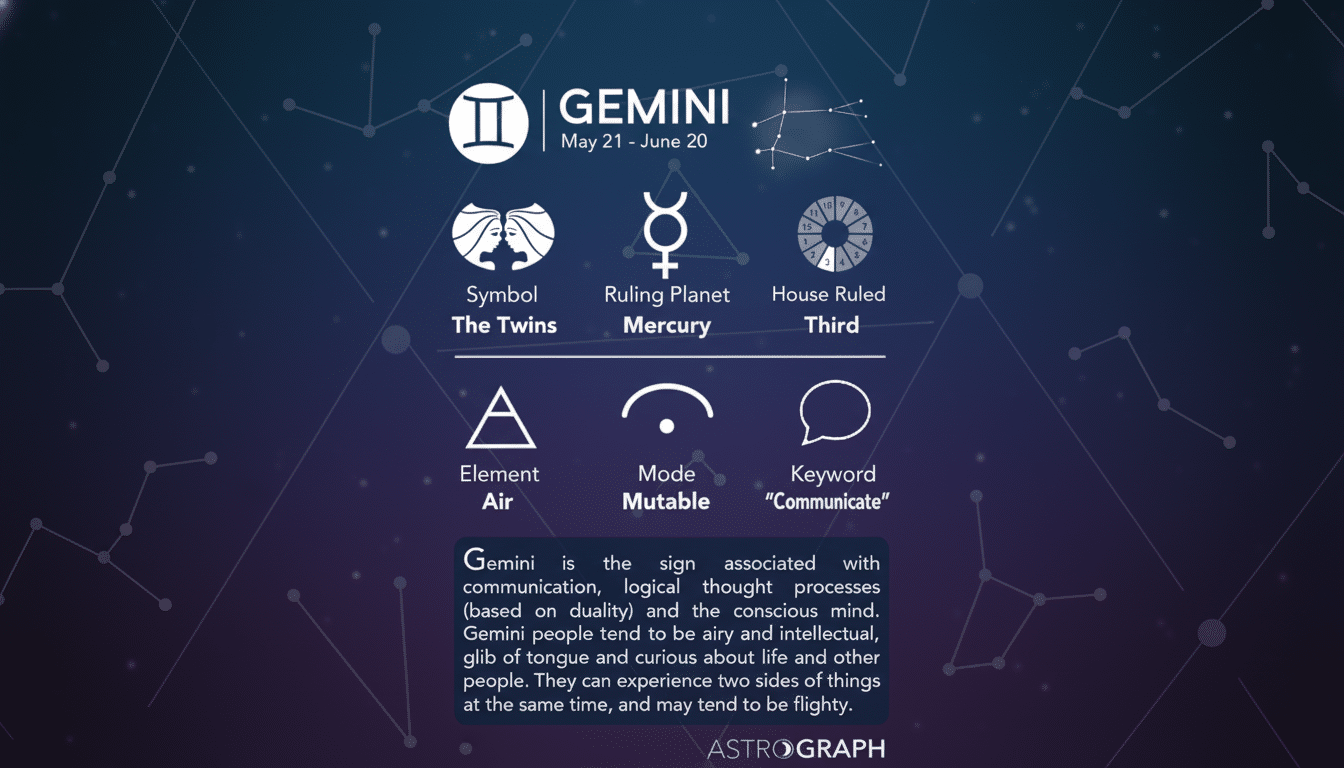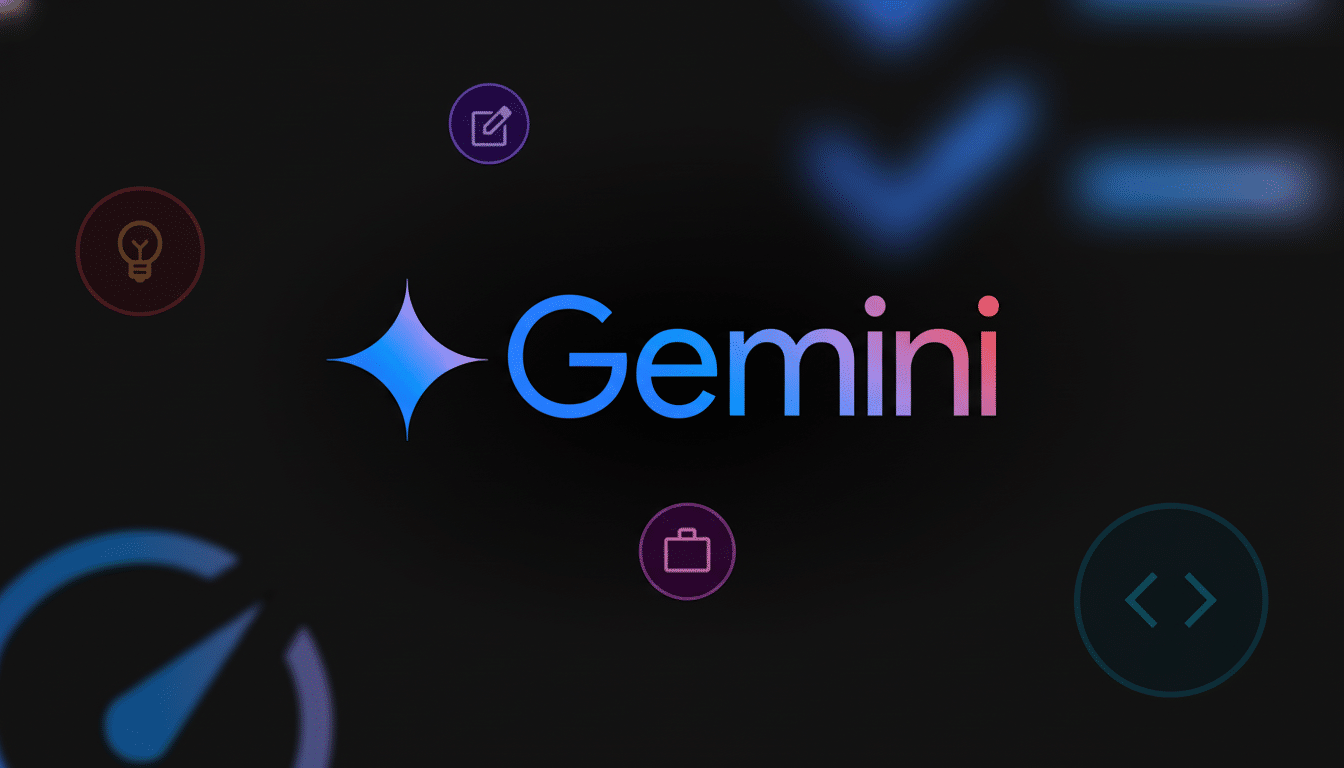New traffic data shows that Google’s Gemini is gaining ground on ChatGPT in the generative AI stakes, and a more competitive scene may be emerging for consumer-facing AI tools. OpenAI’s chatbot, though, continues to dominate attention, while Gemini’s gradual rise in the rankings implies user behavior is changing.
Gemini’s Steady Growth, by the Numbers and Trends
Similarweb’s most recent category tracking of the largest generative AI sites places ChatGPT’s web traffic share at 72.3%, though that has been whittled down from a commanding 86.6% a year ago. During the same span, Gemini jumped from 5.6% to 13.7%, more than doubling its share of the market.

Gemini started at 5.9% roughly half a year ago, climbed to 8.6% approximately three months ago, and reached 12.9%, because ChatGPT fell to 74.1%. Crucially, Gemini is the only big player in the group to have increased figures across every scoring period, suggesting its gains were momentum-centered and not a one-off spike.
Rival platforms had bumpier trajectories. DeepSeek briefly spiked to 6.1% before falling back to 3.9%, relinquishing the No. 2 spot once again to Gemini. Perplexity and others saw occasional growth spurts, but nothing compared with Gemini’s consistency over time.
Why Gemini Is Gaining Users Across Google’s Ecosystem
Product reach matters. Gemini is uniquely advantaged by pervasive integration throughout Google’s ecosystem—discoverability in Search, Android, Chrome, and Workspace all feed casual users into the chatbot experience. Reduced friction and higher rates of returning site visits result from that distribution advantage, combined with account-level sign-ins and cross-product prompts.
The quality of the models and packaging has also gotten a lot better. Upgrades to Gemini’s multimodal reasoning, code completion, and image support, plus a premium “Advanced” tier that comes with some Google One plans, provide users with clear on-ramps from free trials toward heavier usage. Analysts at firms like Gartner have been saying for years that bundling and default placement can change consumer behavior in software; Gemini’s path looks very much like a case study.
Localization and safety posture may be at work. With Google’s extensive language support and relatively conservative guardrails, education and enterprise-adjacent users get appropriate interfaces at the edge of AI adoption. Meanwhile, developers can use the Gemini API through a familiar cloud stack. Altogether, these forces create a pipeline of web visitors that can grow exponentially over time.

What Traffic Share Does And Doesn’t Cover
Traffic share is a useful perspective, but not the entire picture. Similarweb reports relative web visits from leading sites, not native app use, API requests, or embedded assistants inside third-party products. ChatGPT’s mobile app, for example, has a huge install base per app store intelligence firms, and OpenAI’s enterprise deployments contribute to usage that might not manifest as web sessions.
Even so, web traffic is still a powerful proxy for mainstream mindshare. It’s where new users experiment with features, where onboarding takes place, and the area where growth compounding is easiest to confirm. By that metric, Gemini’s rise is significant: more people are entering queries into Google’s AI interface with greater frequency.
Implications for the Race in Artificial Intelligence
For OpenAI, the data are a lesson that leadership must be defended on many fronts—product quality, pricing, distribution, and developer ecosystem. Look for faster model refreshes, tighter reasoning features, and new ways to make money by converting free users without sacrificing performance.
For Google, the goal is to transform traffic into lasting engagement. That entails making Gemini ubiquitous inside everyday workflows—search refinement, document authoring, code review, and on-device assistance—while eliminating feature gaps with OpenAI’s best models.
And for the rest of the field—Perplexity, Anthropic, xAI, and newcomers moving fast like DeepSeek—it’s a mixed message. There’s plenty more growth available, as the Gemini bump demonstrates, but building lasting share takes longer than a viral moment. It will be differentiation, not just novelty, that determines who sticks.
The headline figure is still uncontested: ChatGPT’s percentage is 72.3%, although Gemini’s 13.7% and continued growth stand as evidence that a realignment in user behavior has occurred. If the trajectory holds—and there is every reason to believe that it will—the AI market’s next stage is less a solo race than a pack race.

